2023-08-21 Mon
Course intro
Overview
- Introduction to the course
- Why trust science?
Introduction to the course
People
- Rick Gilmore, Professor of Psychology
- Jie Yan, Graduate Student




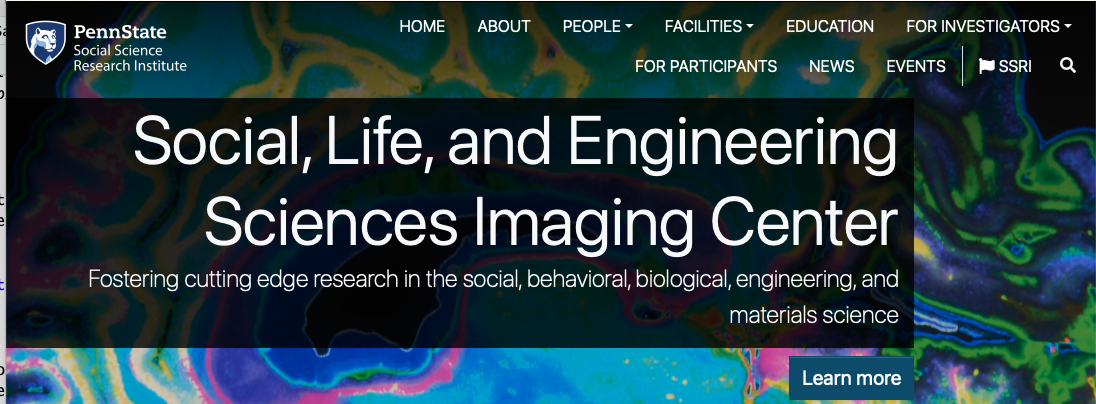


Purpose & goals
- Evaluate the methods and values of scientific research
- Determine how well these methods and values yield reliable, robust findings
- Evaluate the reproducibility of findings in psychological science
- Understand what specific changes in practices are associated with open science
Themes & topics
- What is science trying to do?
- What practices and norms constitute better science?
- What practices and norms constitute poorer science?
- Is there a crisis of reproducibility or replicability in psychological science?
- Is there a crisis in other areas of science?
- What are scientists doing to address these criticisms?
Schedule
https://psu-psychology.github.io/psych-490-reproducibility-2023-fall/schedule.html
Exercises & evaluation
- Exercises
- 7 @ 10 points/each
- Top 4 count
- Others count toward partial extra credit
- Attendance (up to 35 points)
- Final project
Resources
- This site: https://psu-psychology.github.io/psych-490-reproducibility-2023-fall/
- Canvas
- University Library
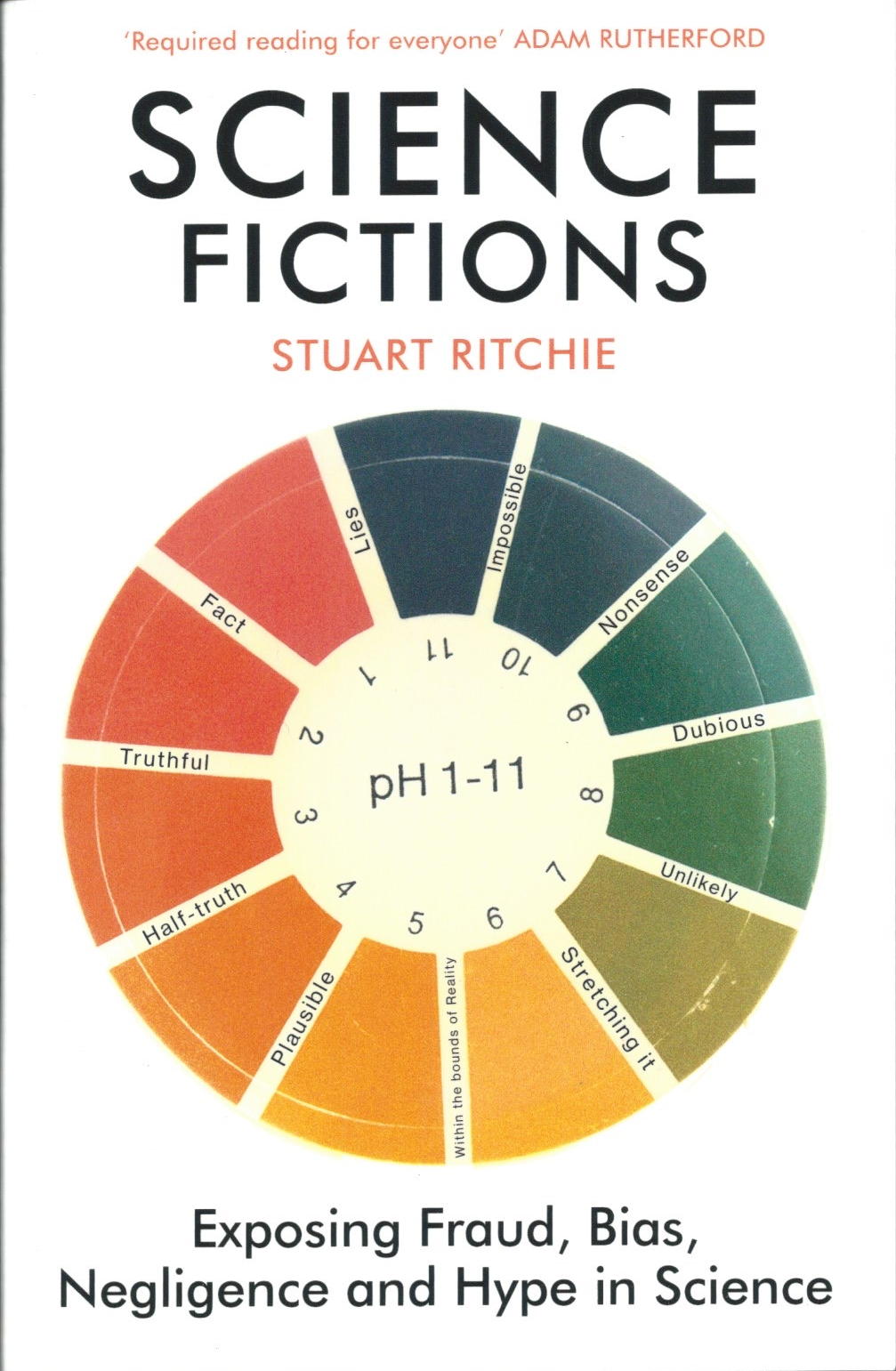
- Articles
- Retrieve them yourself via the URL (uniform resource locator) and the DOI (digital object identifier).
- Why do I do this?
Structure
- Meet 3x weekly
- Monday & Wednesday: lecture + discussion
- Friday: Work sessions
- Do your homework; I will call on you.
Culture & climate
- Creating a community of inquiry
- Criticism of work/ideas vs. people
Why trust science?
What is science?
Robert Merton
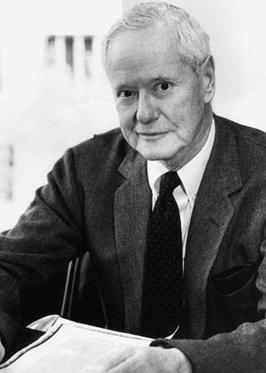
What is science, really?
- a stock of accumulated knowledge (facts & findings)
- a set of characteristic methods
- a set of cultural values (Merton, 1973, p. 268)
Why trust science?
(Oreskes, 2019)
- “Sustained engagement with the world”
- “Social character”
Trust in science
“We trust too much in science and not enough in religious faith.”
https://gssdataexplorer.norc.org/variables/4687/vshow
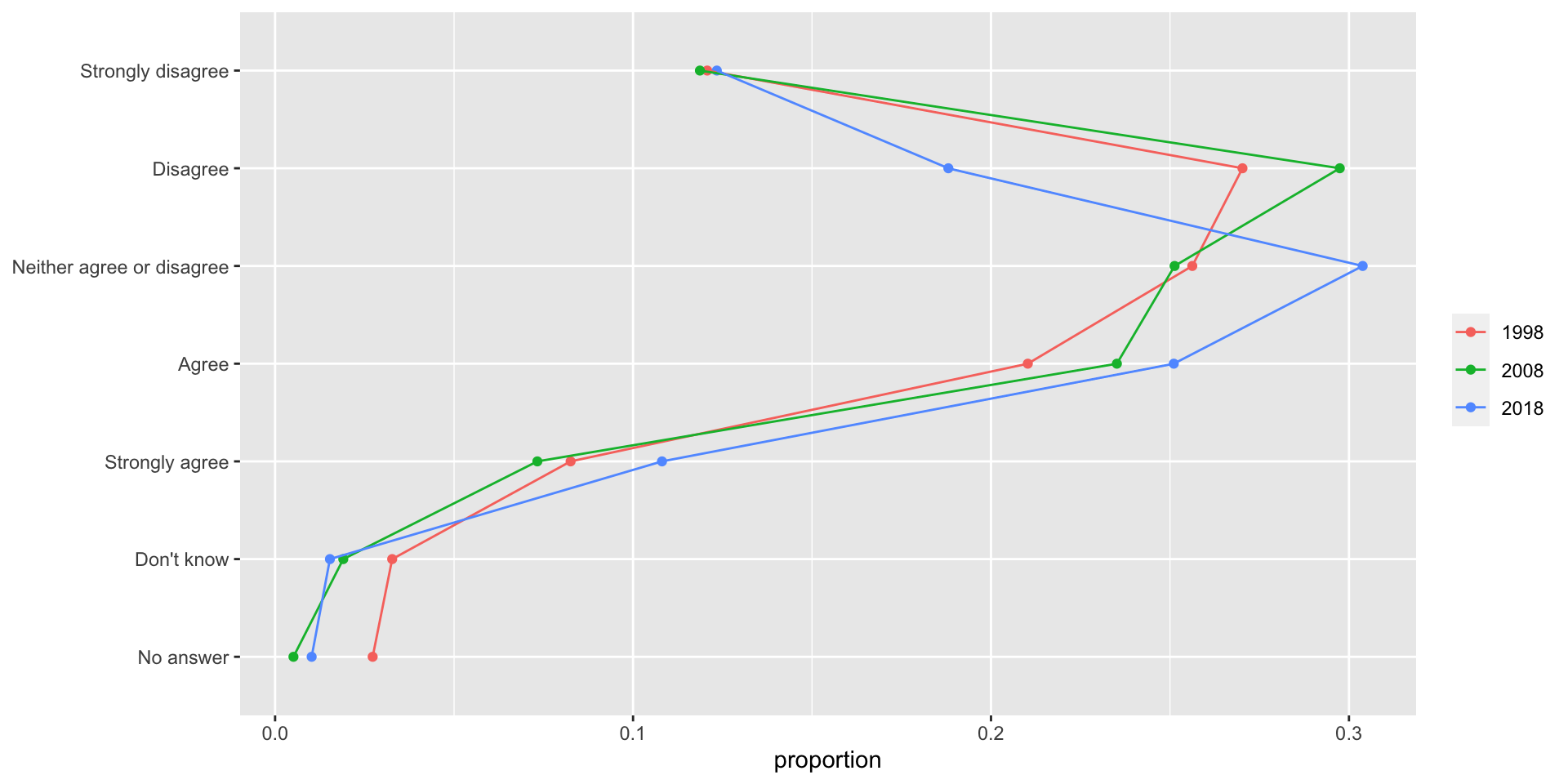
Figure 1: NORC survey results: ‘We trust too much in science and not enough in religious faith.’
Who trusts science?
The results showed that political conservatism, religiousness, conspiracy ideation, and openness to experience significantly contributed to trust in science, while education did not. Furthermore, after controlling for these factors, an aspect of intellectual humility, openness to revising one’s viewpoint, emerged as one of the key predictors of trust in science.
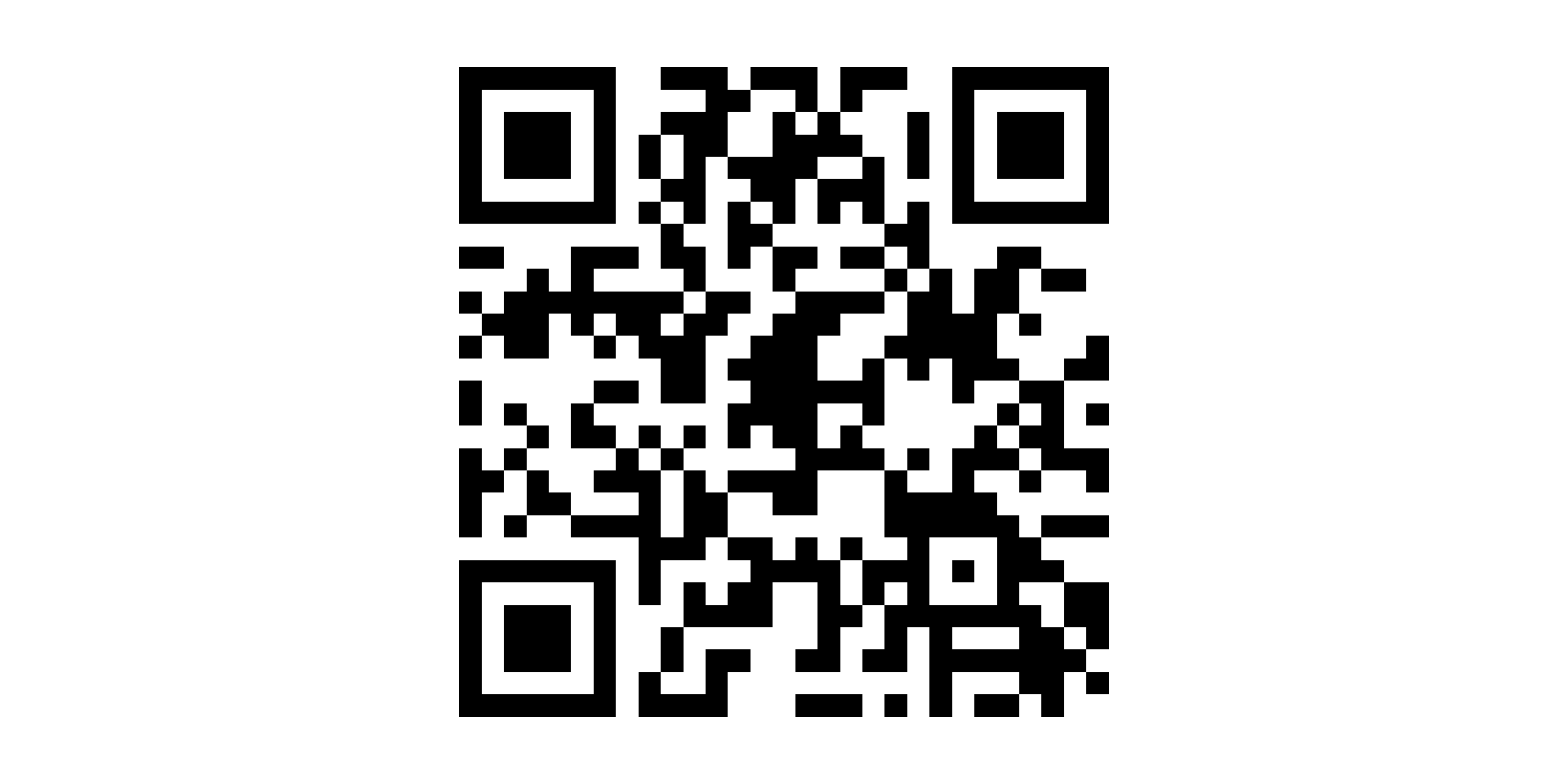
Figure 2: Optional anonymous survey: https://forms.gle/DEvDGc3boXQuMkg7A
Why should we care who trusts science & why they do or don’t?

Trust, but verify
Russian Proverb, Wikipedia
Next time
Don’t Fool Yourself
- Read
- (Feynman, 1974).
- (Sagan, 1996), Chapter 12, The Fine Art of Baloney Detection. PDF on Canvas
Resources
This talk was produced using Quarto, using the RStudio Integrated Development Environment (IDE), version 2023.6.1.524.
The source files are in R and R Markdown, then rendered to HTML using the revealJS framework.
References
PSYCH 490.009